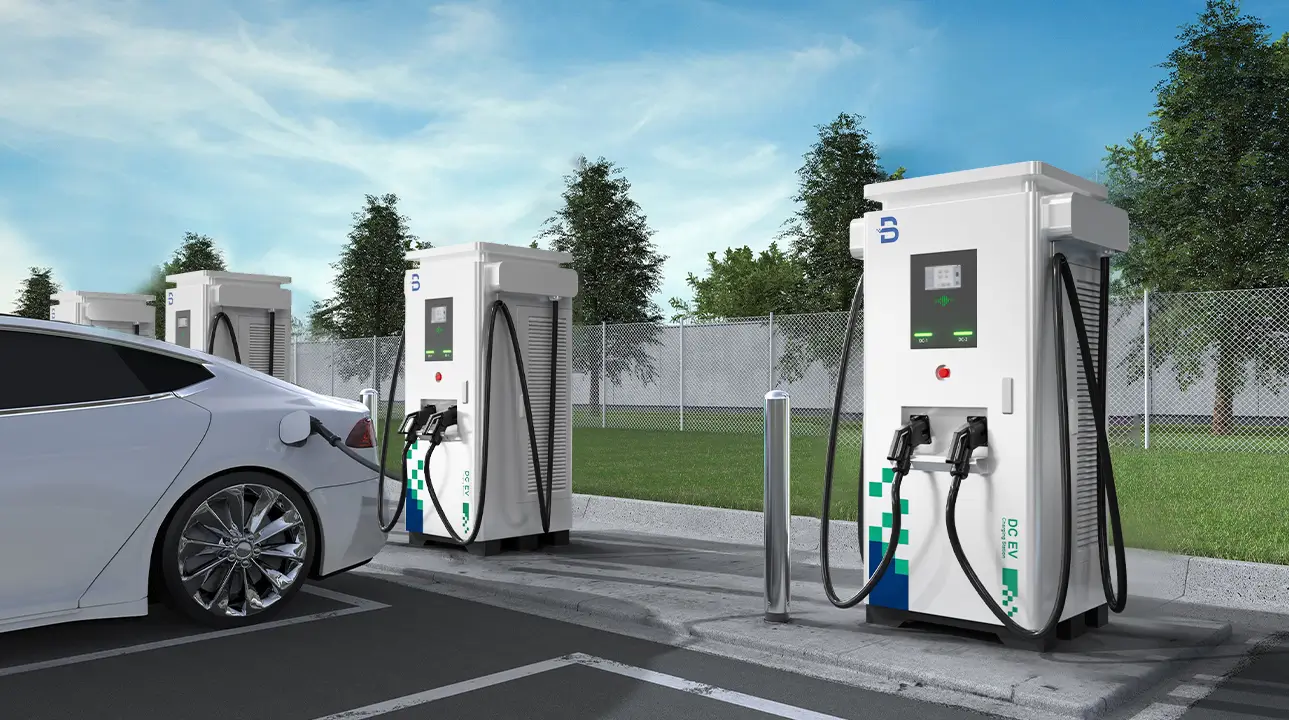
The days of cars stocked in the back are no longer.
Ken Biddulph/EyeEm/Getty Images
It’s no secret the new car buying process is currently a challenge. With no end in sight to the semiconductor chip shortage, new car inventories remain thin and average prices inch up from the $40,000 mark. Now, new data shows car buyers are starting to simply throw in the towel on the process. According to Kelley Blue Book and Cox Automotive data from Tuesday, nearly half of new car shoppers are walking away.
Instead, they’re prepared to postpone their new car search for months in hopes the chip shortage will ease and supplies help find an equilibrium once again. “The latest KBB research indicates that most consumers anticipate negative impacts on the automotive market due to the chip shortage, from increased prices to inventory shortages and longer delivery times,” said Vanessa Ton, senior industry intelligence manager for KBB.
A total of 48% surveyed said they plan to postpone their new car purchase at this point. Of that group, 40% said they’d wait seven months or longer. It’s a delicate situation as automakers rake in massive profits per car due to such a disparity between demand and supply. But if buyers with the means to purchase a car at MSRP, or above in many cases, drop out, the market could quickly change.
It’s not good news for brands when it comes to the folks who said they still plan on buying a new car, despite the seller’s market. According to the data, 25% said they’d consider switching brands to get the vehicle they want; a surprisingly high 19% said they’d look at switching what type of vehicle they want. For example, buyer X can’t find the compact SUV they want at Ford, so they go to Honda to buy a sedan that boasts their top-priority features. Truly, we live in wild times.
If there is a silver lining for the big profits automakers continue to bring in, a decent chunk of buyers remaining in the market are still ready to pony up extra cash to get what they want. The data showed 35% would pay above MSRP to get the new car they want. This group also indicated they’d accept up to a 13% markup on the price, or $5,600 more than the average MSRP as KBB calculated.
The chip shortage isn’t likely to resolve itself until well into 2022, and eventually, the group of people willing to pay a higher price may run dry. If that happens, automakers may find themselves facing a whole new set of challenges.
Read more: The car industry’s chip shortage is far from over






More Stories
Moon | Cartype
Rivian, Mercedes-Benz Joint Venture Paused
We Blew Up Our $5000 Drag Car ~ Can We Getting Fixed In Time? – Humble Mechanic